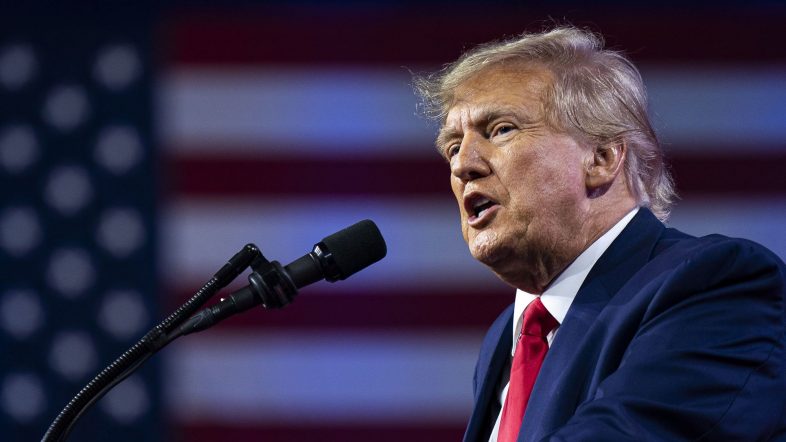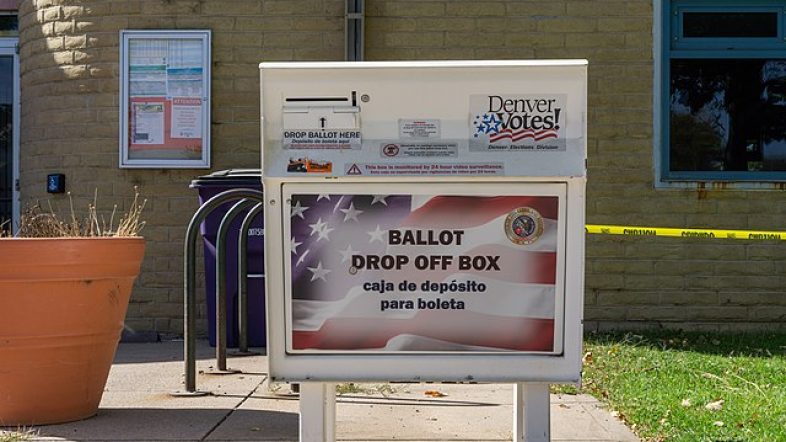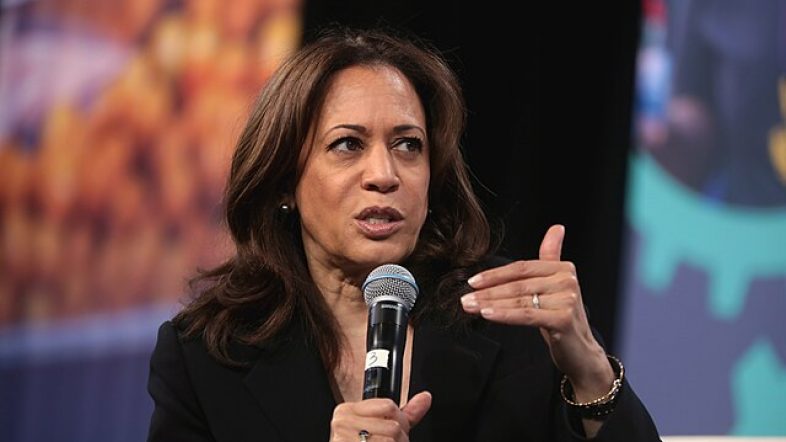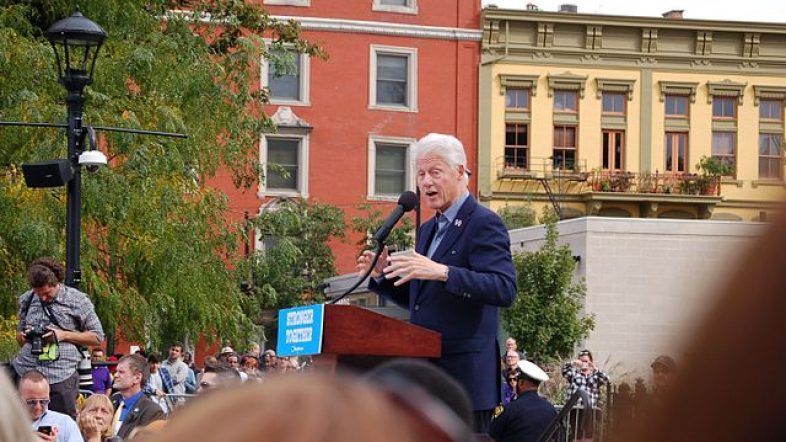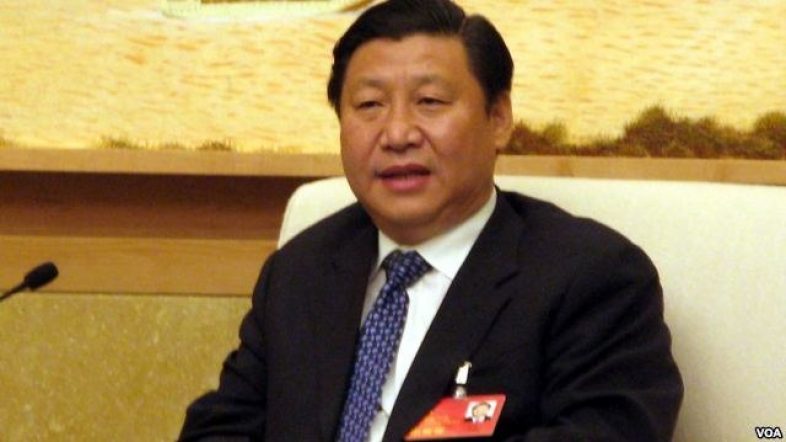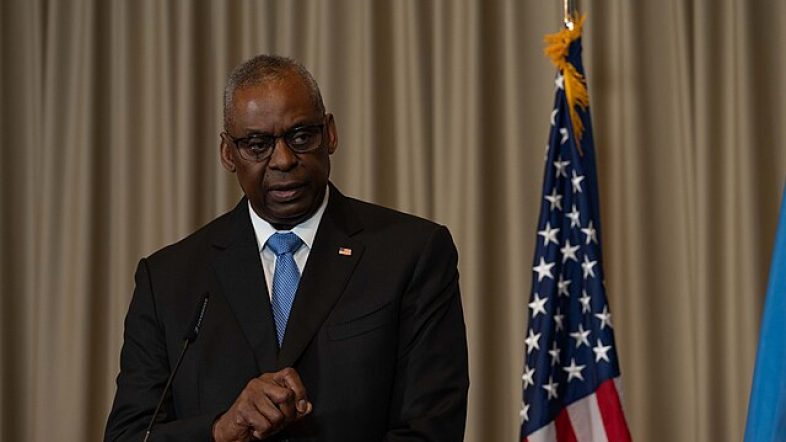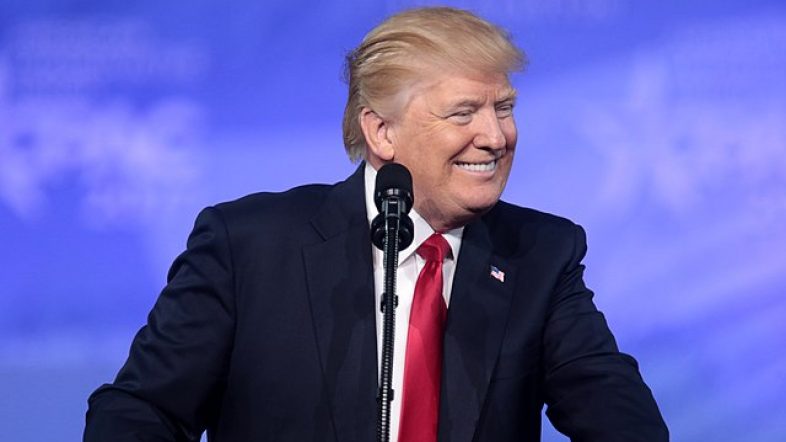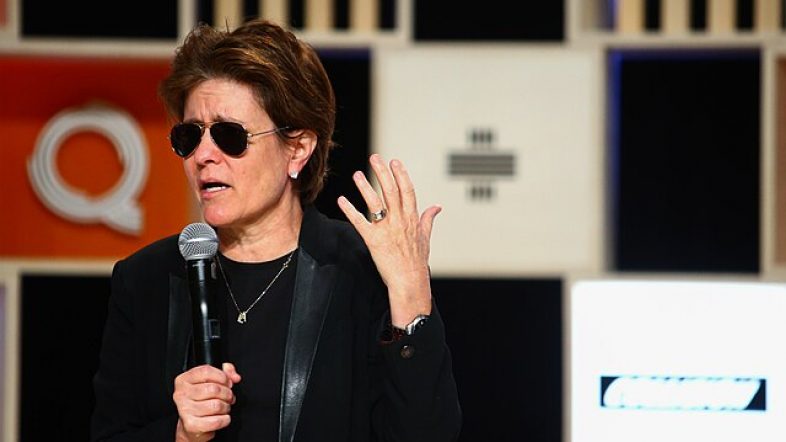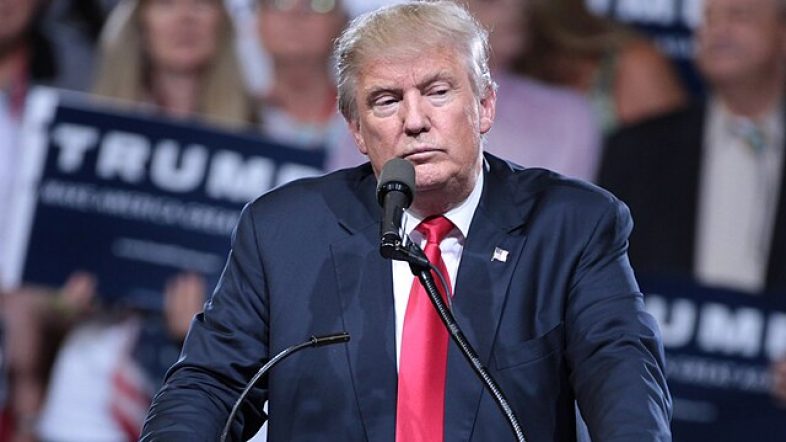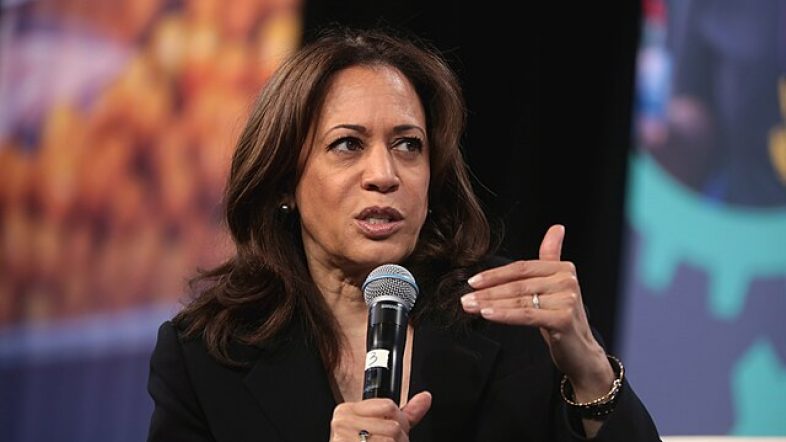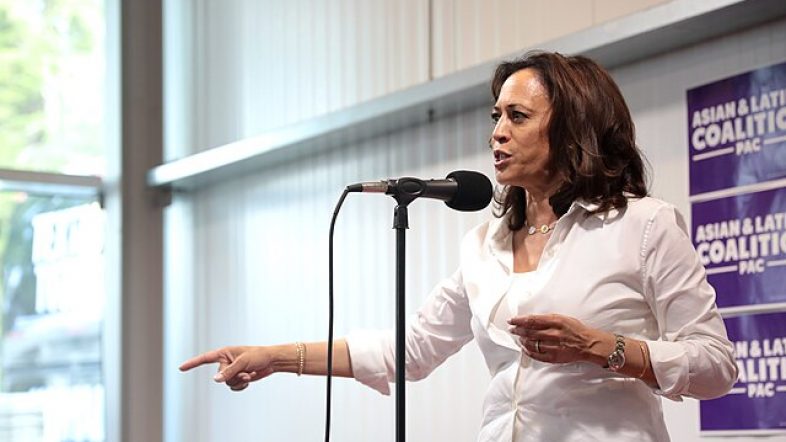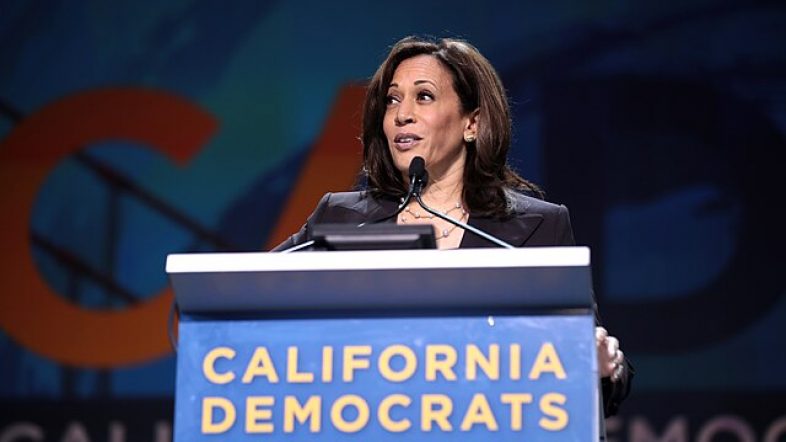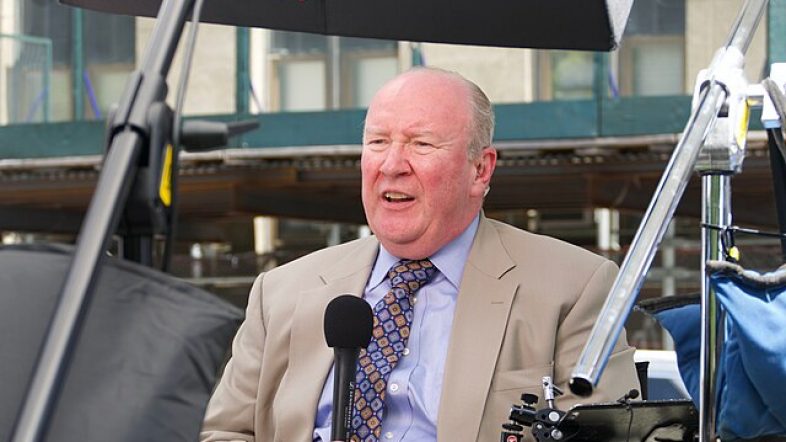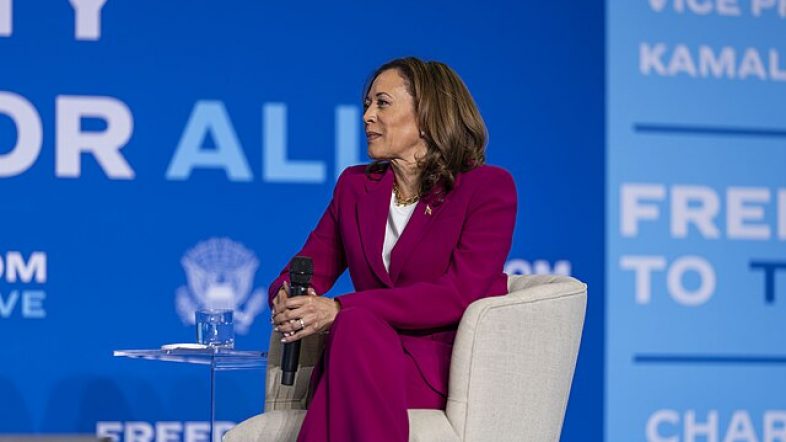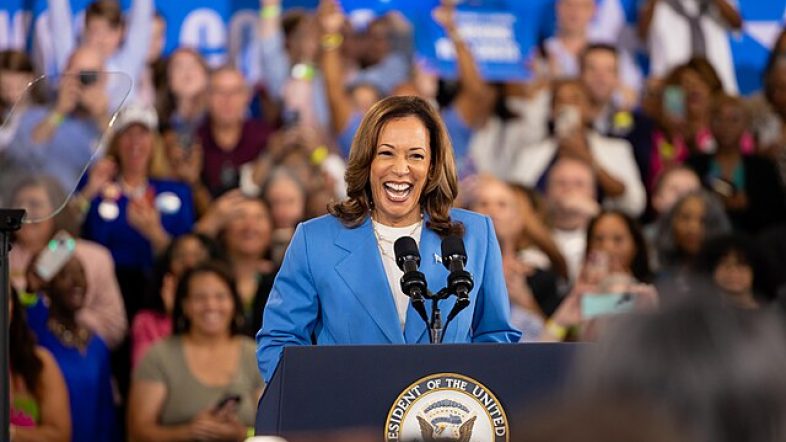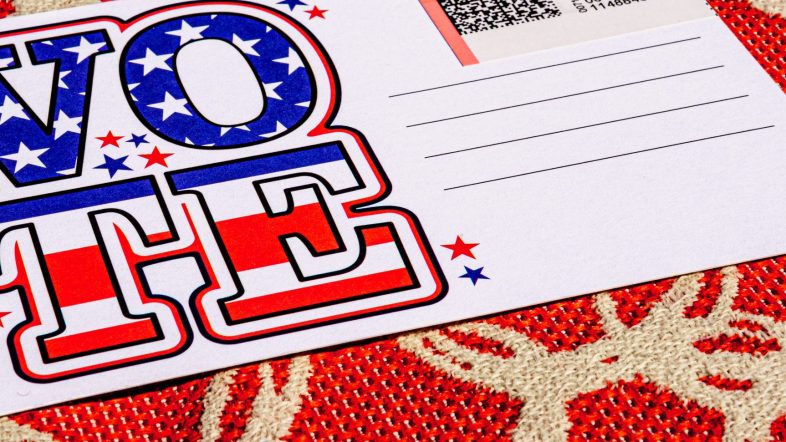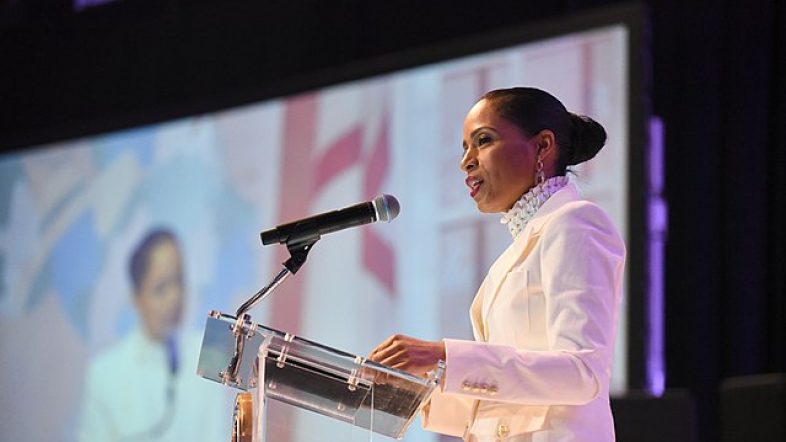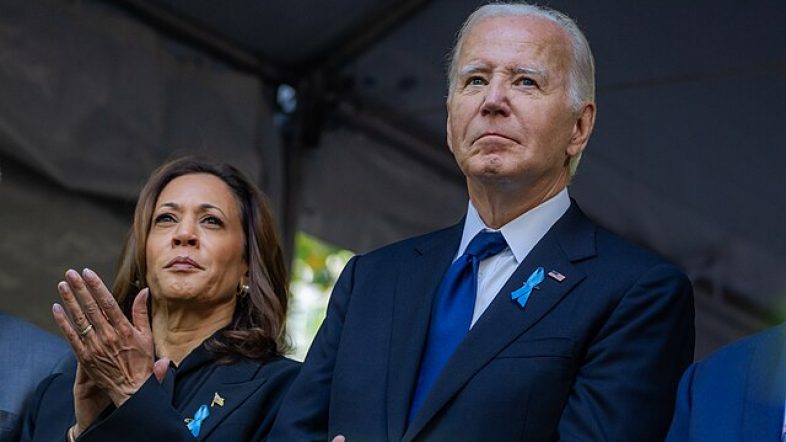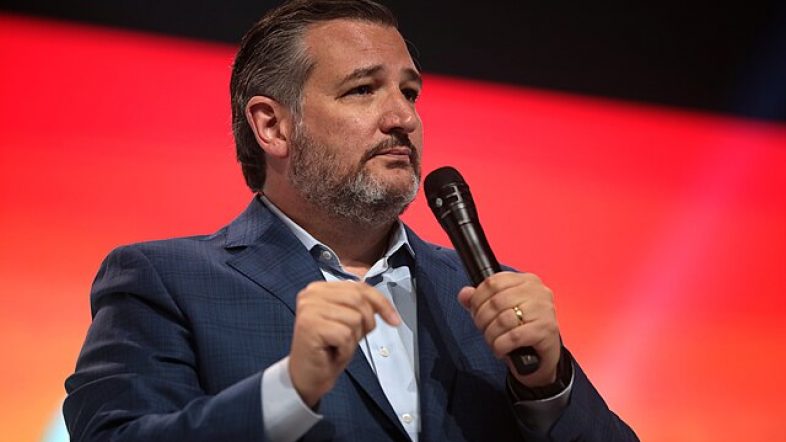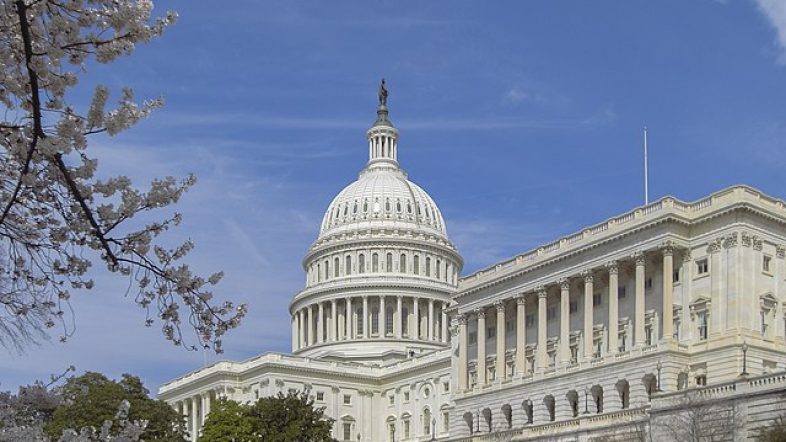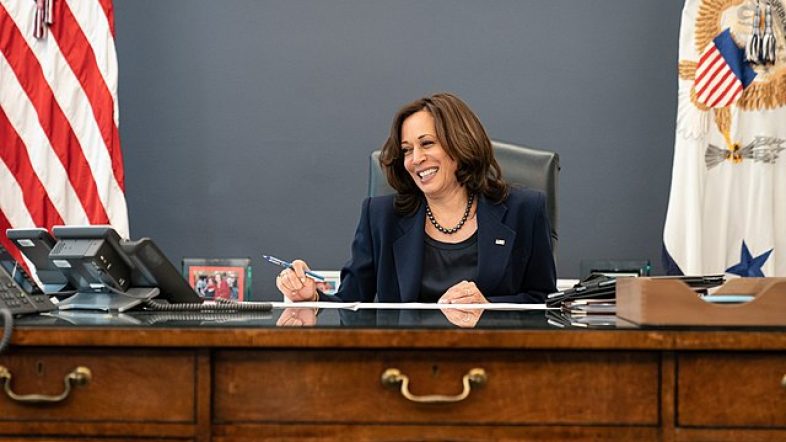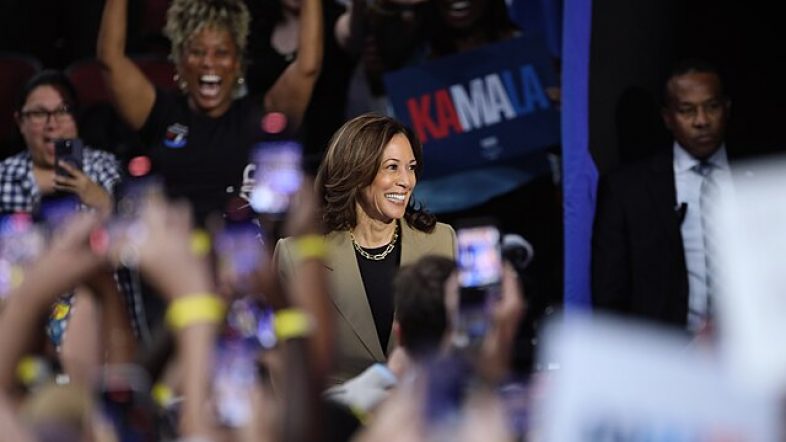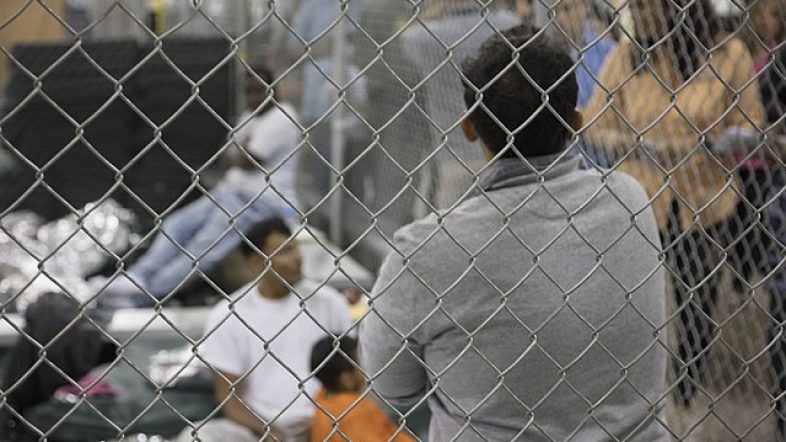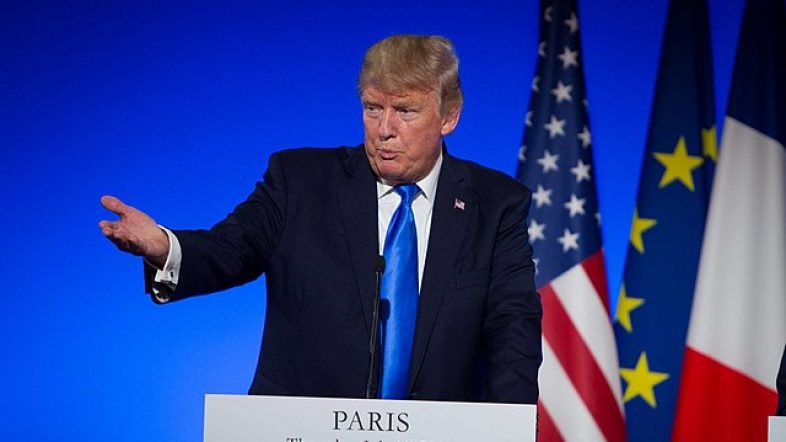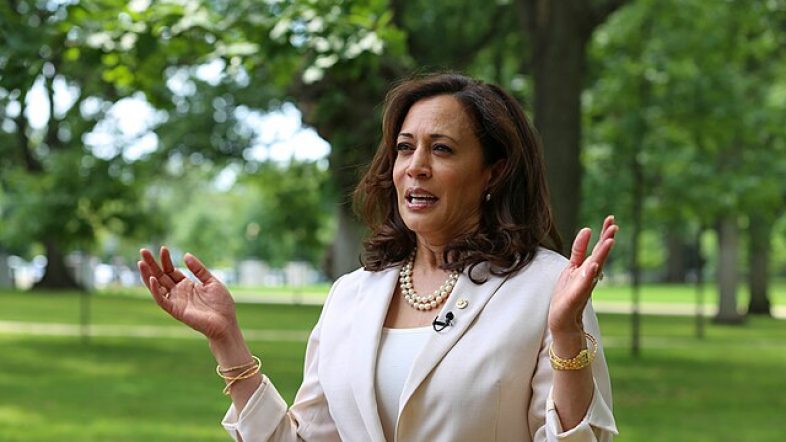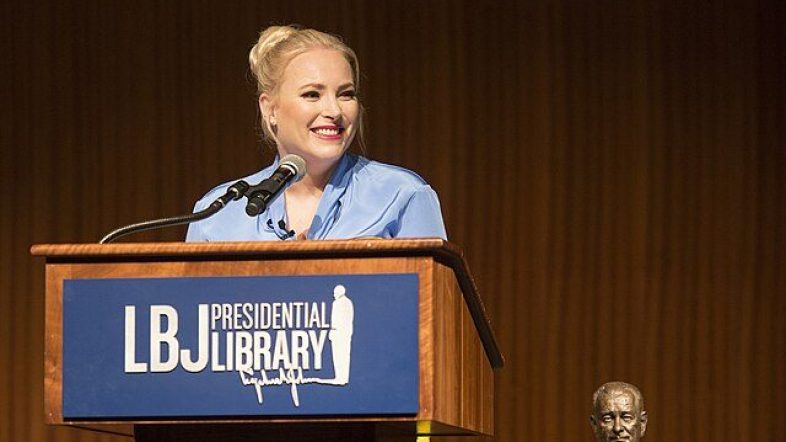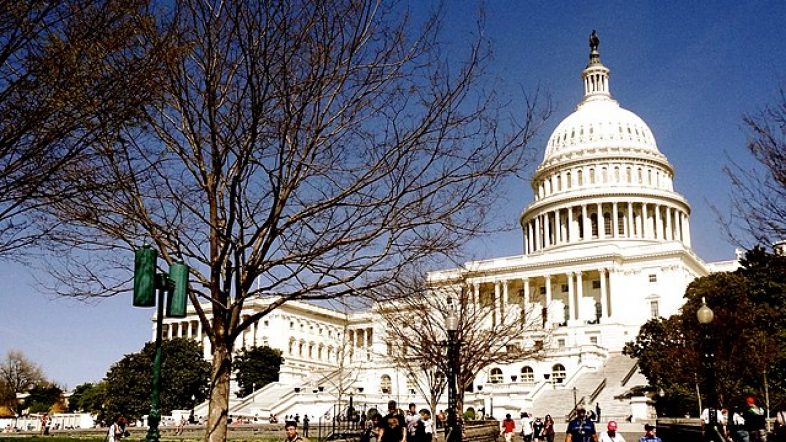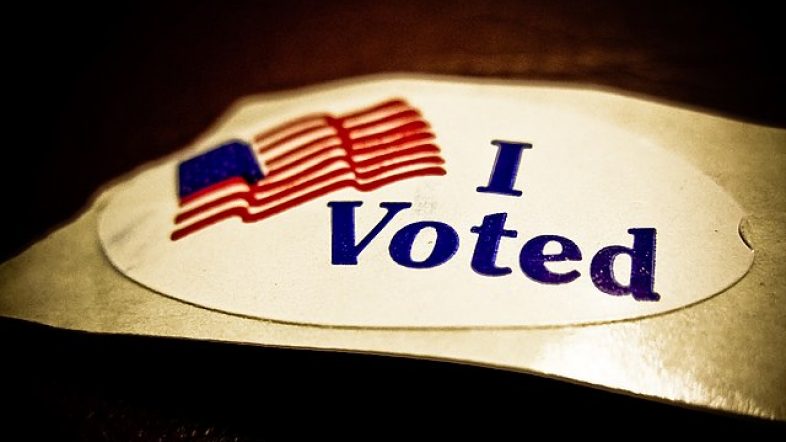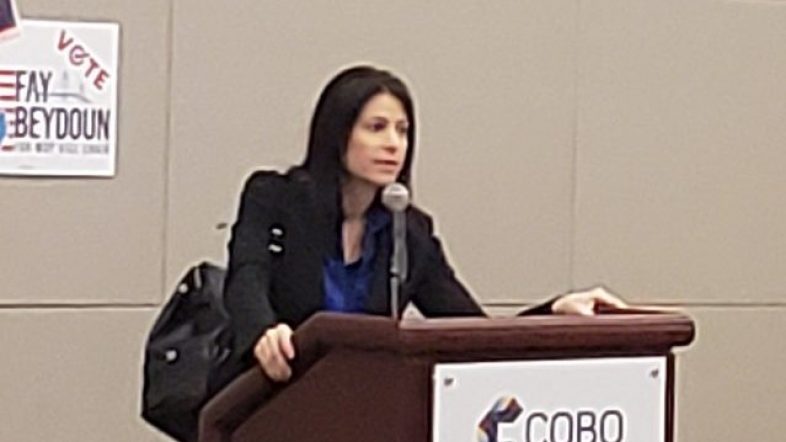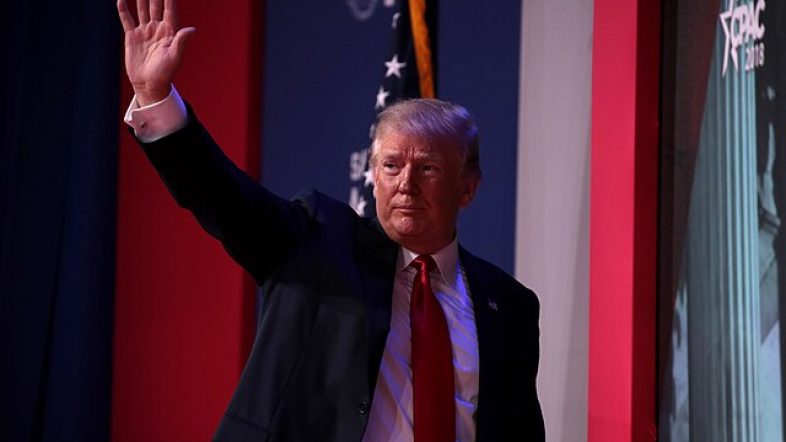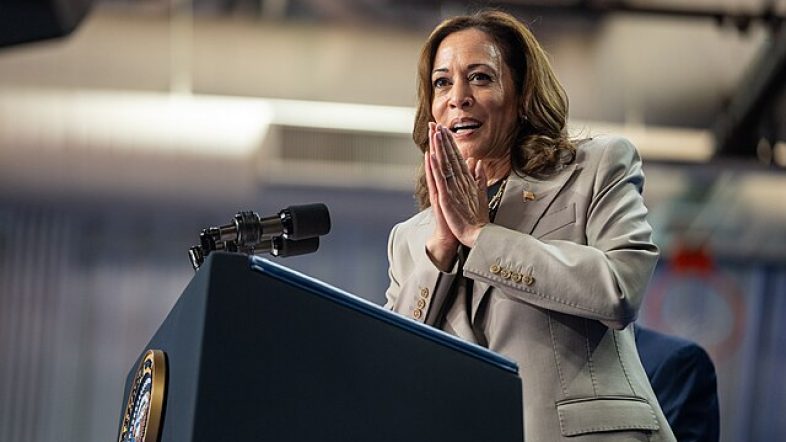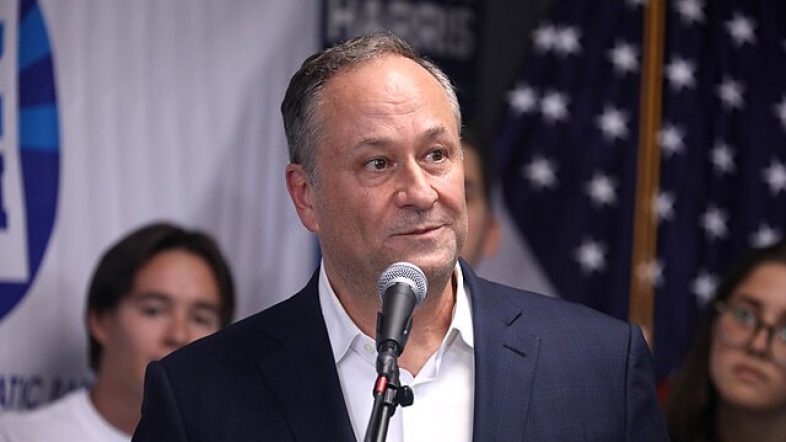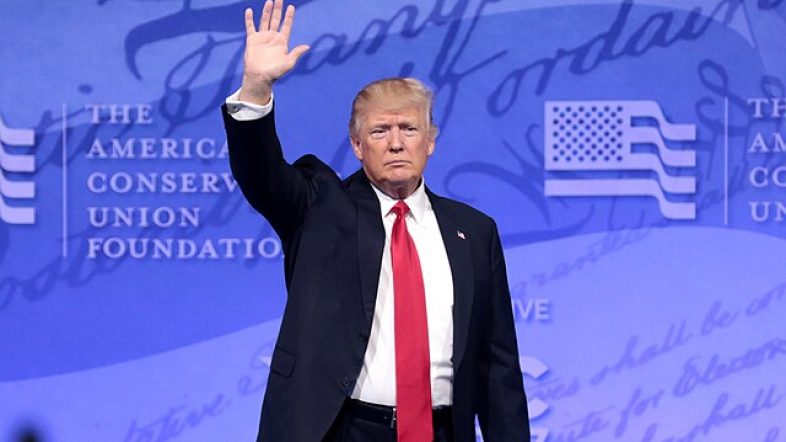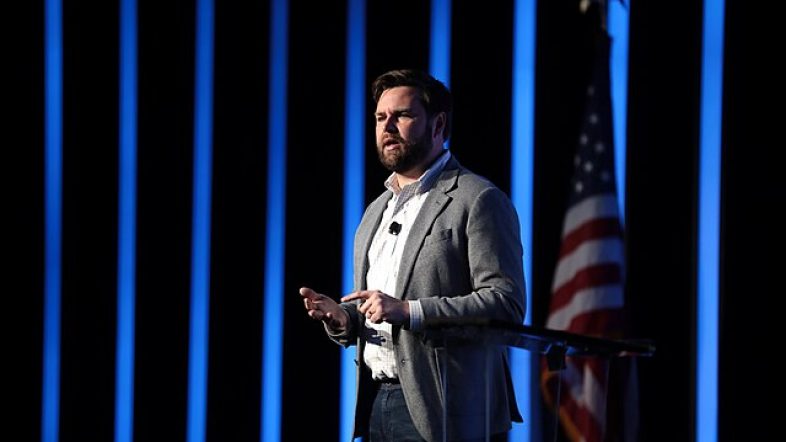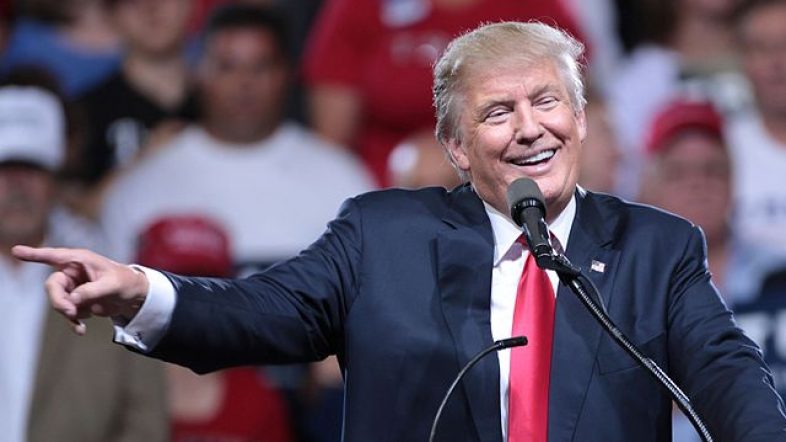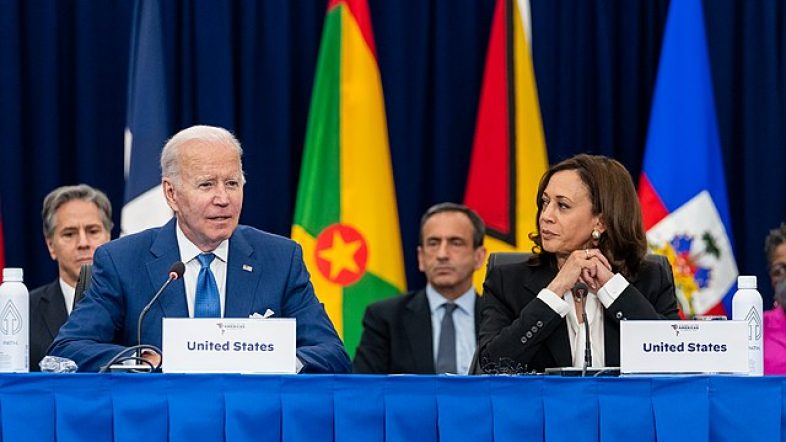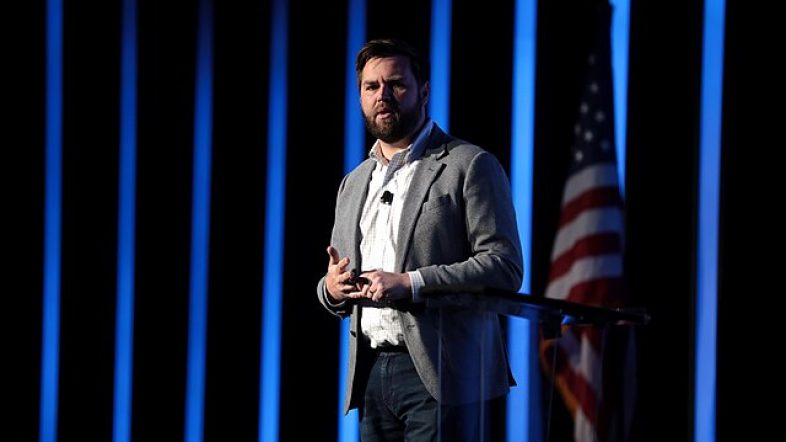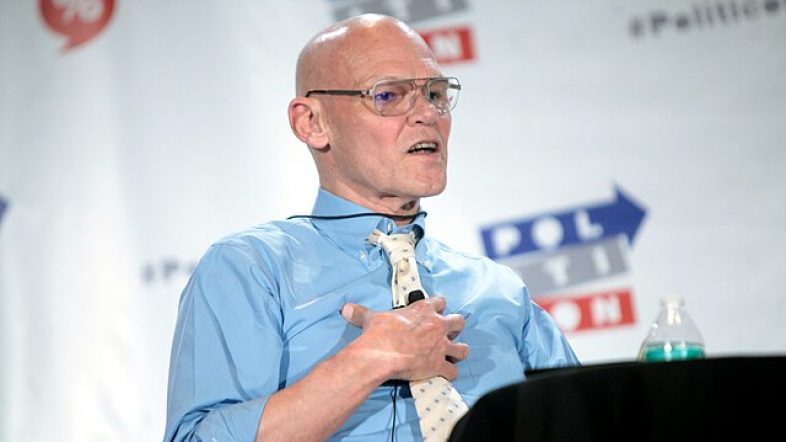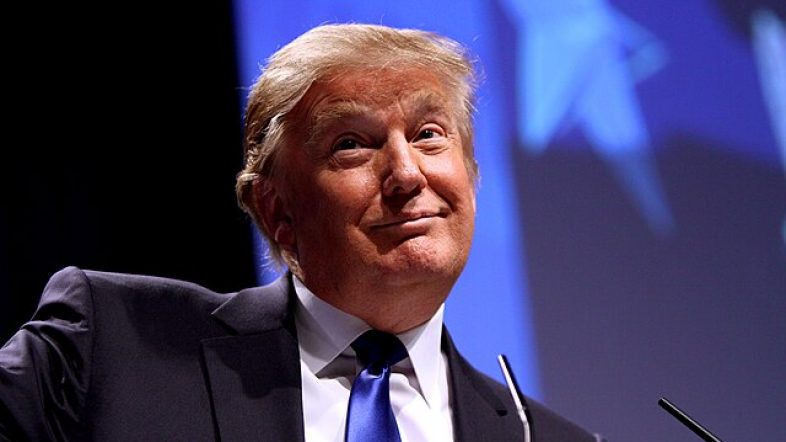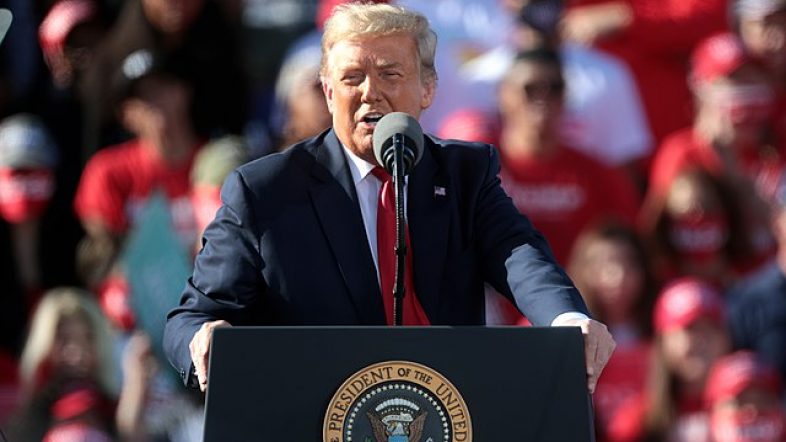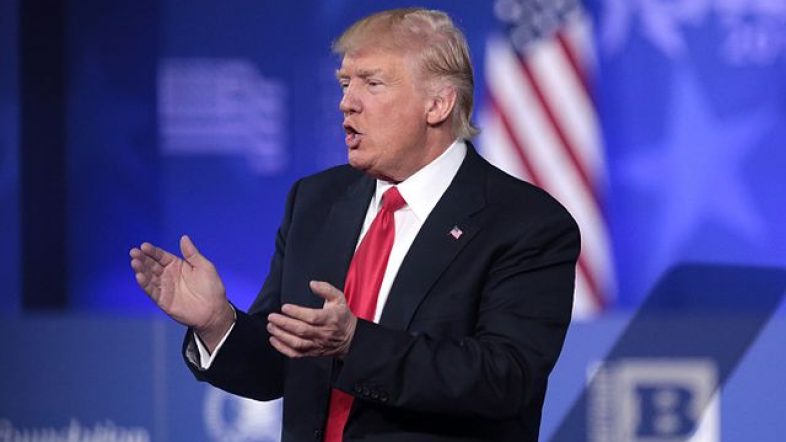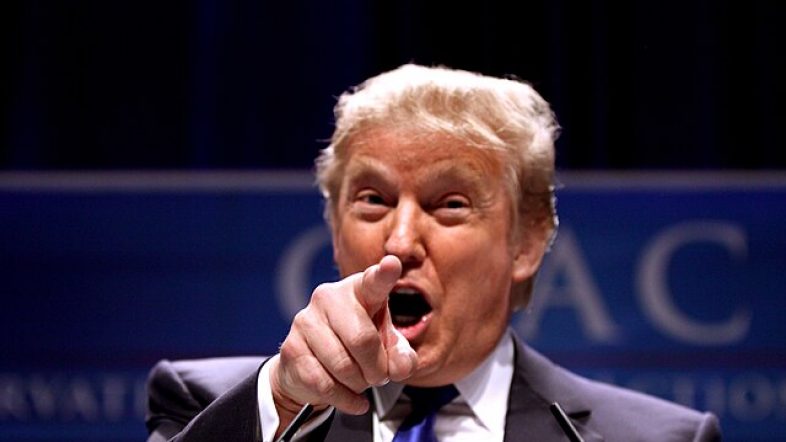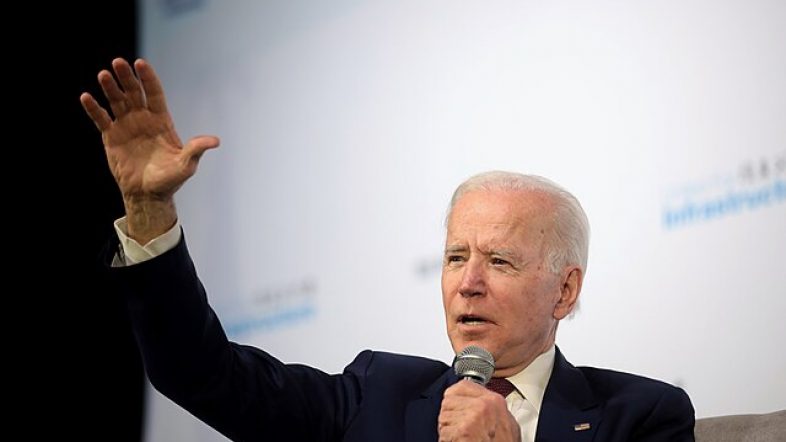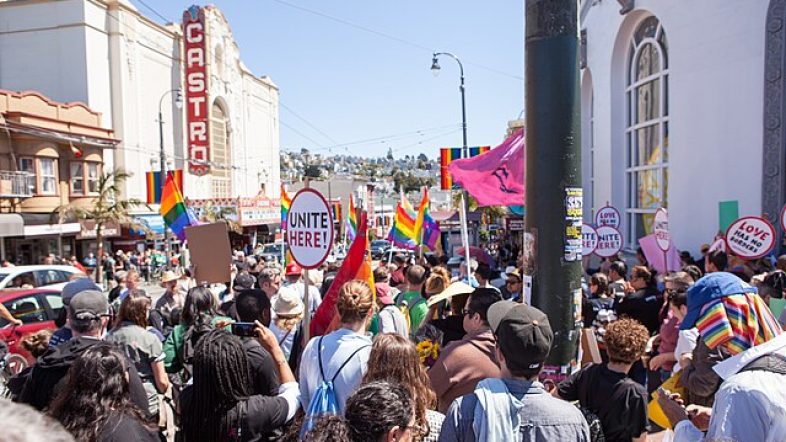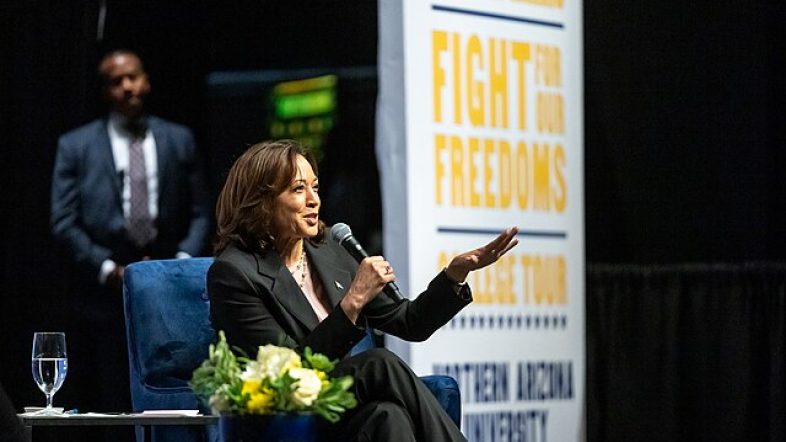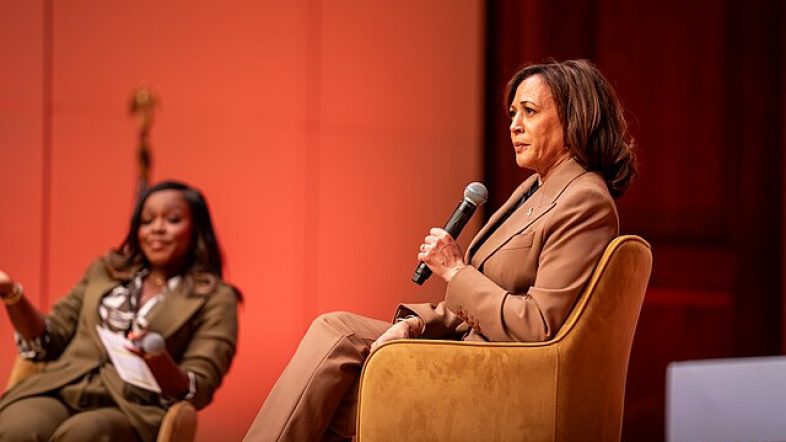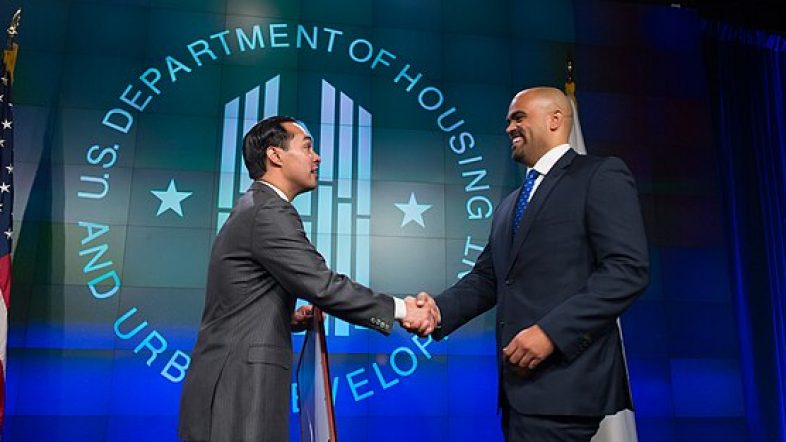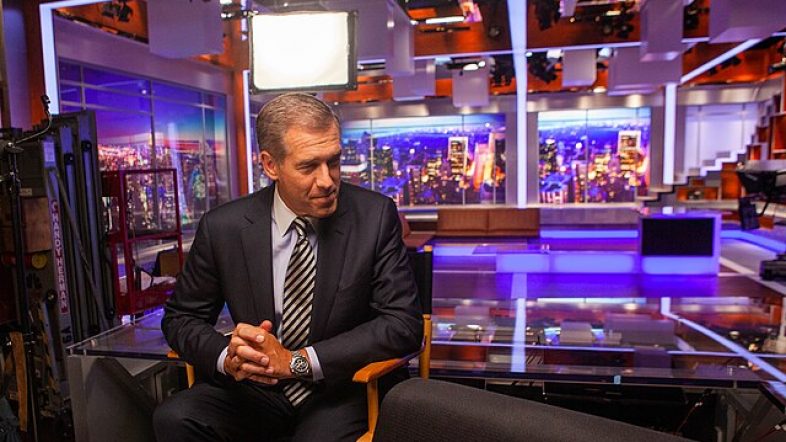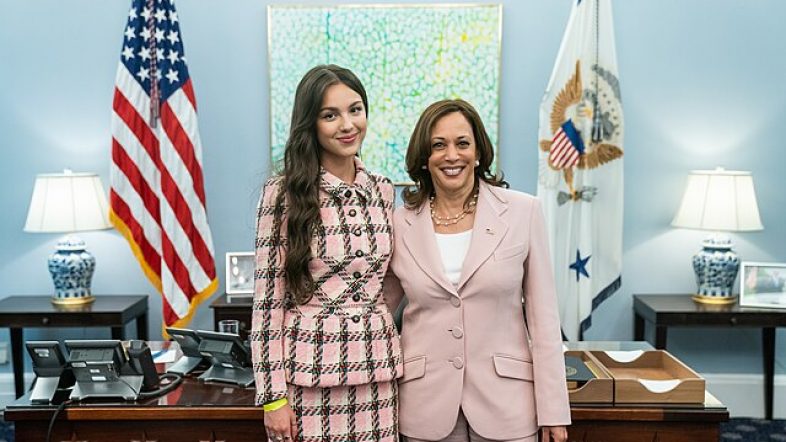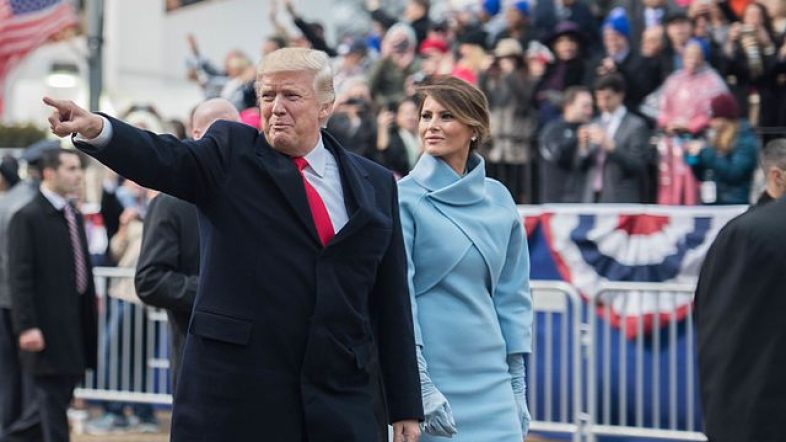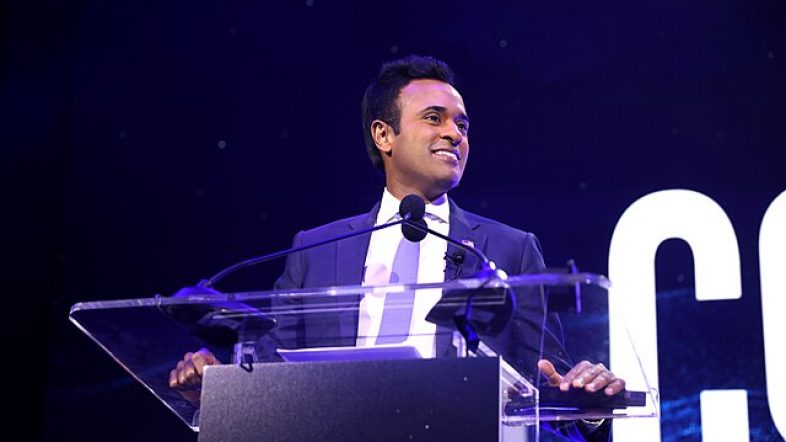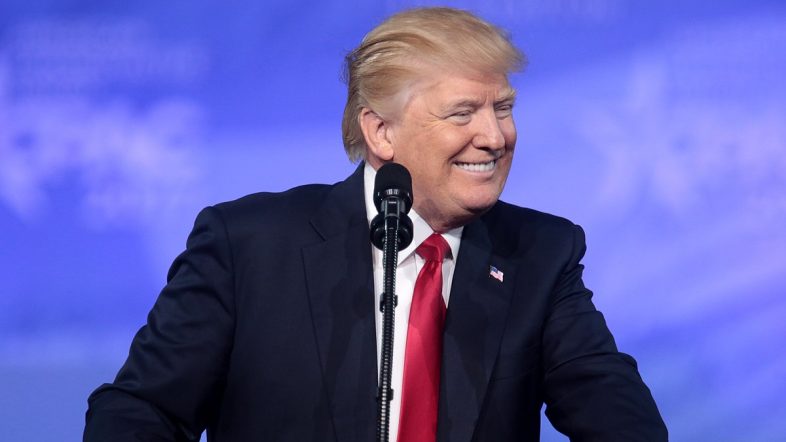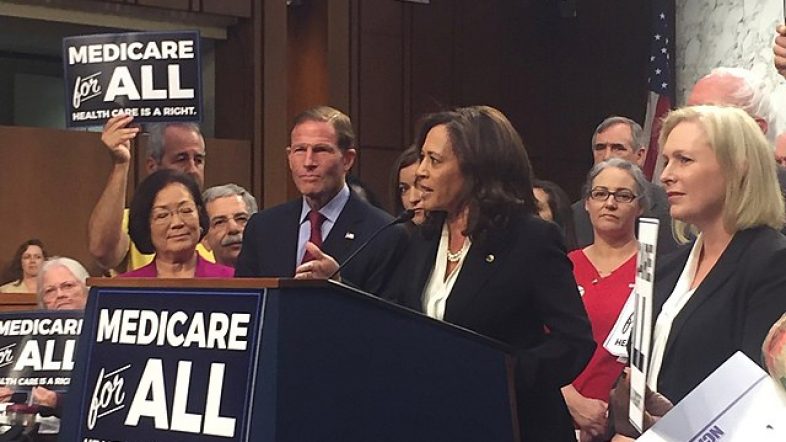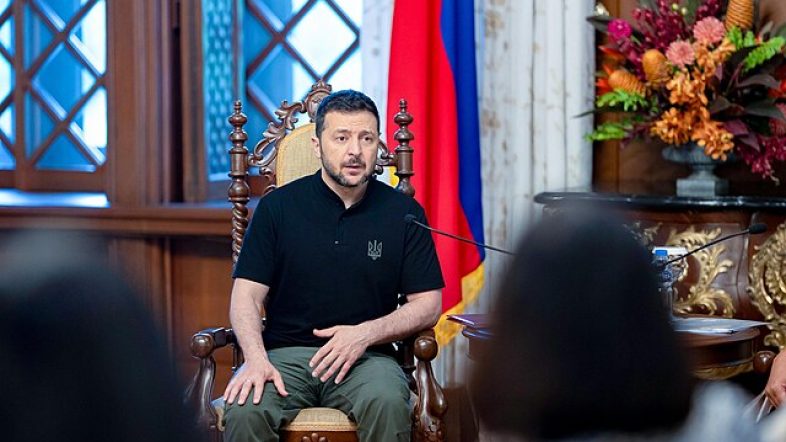With the trial over, former President Donald Trump no longer has to sit in the courtroom each day, but even as the first presidential debate approaches, he still can’t speak freely about what happened there.
New York’s highest court declined Tuesday to take up Trump’s appeal, and Bragg’s office insists the gag order is needed through sentencing. Keeping a gag order in place after conviction is exceedingly uncommon, legal experts told the DCNF, noting there is a strong case to be made that doing so violates Trump’s civil rights, especially when there was never much justification for issuing one at all.
“This really goes right to the heart not only of Donald Trump’s First Amendment rights, but the rights of the American people to hear from the candidates running for president,” former federal prosecutor Jonathan Fahey told the DCNF, highlighting that Biden is making Trump’s 34 felonies a “core feature” of his re-election.
“Biden is going to talk about it, and Trump has to walk on eggshells to make sure he doesn’t offend the judge,” he continued.
With sentencing not until July 11, it looks like the order will remain in place during the first presidential debate on June 27.
Bragg’s office defended keeping the order in place through sentencing after Trump’s attorneys asked Judge Juan Merchan to lift the order following the former president’s conviction.
Trump’s attorneys argued that the “concerns articulated by the government and the Court do not justify restrictions on the First Amendment rights of President Trump.”
“It is entirely uncommon for a court to keep a gag order imposed post-conviction,” former federal prosecutor Katie Cherkasky told the DCNF. She said it is “possible that the New York courts could even extend the gag order post-conviction as a condition of probation post-sentencing, though not likely.”
Fahey told the DCNF he hardly even recalls hearing about gag orders in his 19 years as a prosecutor.
Now that the New York Court of Appeals rejected his challenge, Trump’s options include appealing to the Supreme Court — or filing a federal lawsuit challenging the gag order.
“The federal suit could allege that the gag order (to say nothing of the prosecution itself) is facially unlawful and mere pretext, part of a conspiracy between, e.g., the Biden Administration, Bragg, and Merchan, among others, to silence Mr. Trump and harm his presidential campaign through deceit and abuse of the State’s criminal legal process,” America First Legal Senior Vice President Reed D. Rubinstein told the DCNF. “Such conduct arguably violates Mr. Trump’s civil rights and, based on Jack Smith’s indictment of the former President in the U.S. District Court for the District of Columbia, seems to be improper and illegal election interference.”
Republican FEC Commissioner Trey Trainor criticized the DOJ’s failure to intervene in the case as setting a “dangerous precedent” in his testimony last week before Congress, given that Bragg was attempting to enforce federal campaign finance law.
Matthew Colangelo, who previously spent two years at the Biden Department of Justice (DOJ) Manhattan District Attorney’s office as senior counsel, joined Bragg’s office in December 2022 and worked on the case against Trump. Trump can’t talk about Colangelo under the gag order, which restricts his statements about witnesses, prosecutors other than the district attorney, court staff and jurors, as well as with family members of the staff, district attorney or judge.
“The facts indicate that Biden, Bragg, et al., in design and effect, have conspired to use a state criminal court to interfere with Americans’ right to vote for the candidate of their choice,” Rubinstein continued. “The fact that the gag order could well affect Mr. Trump’s ability to speak during the first debate highlights its absurdity.”


